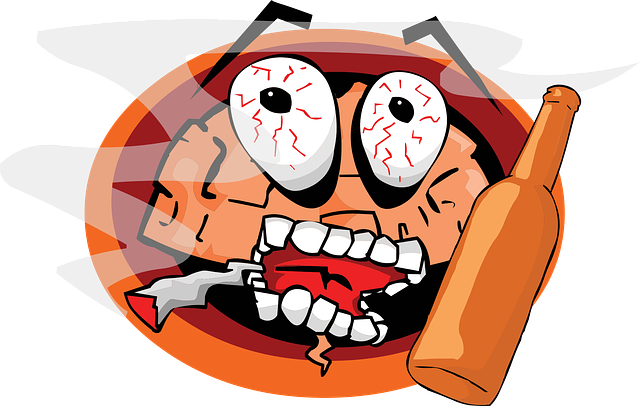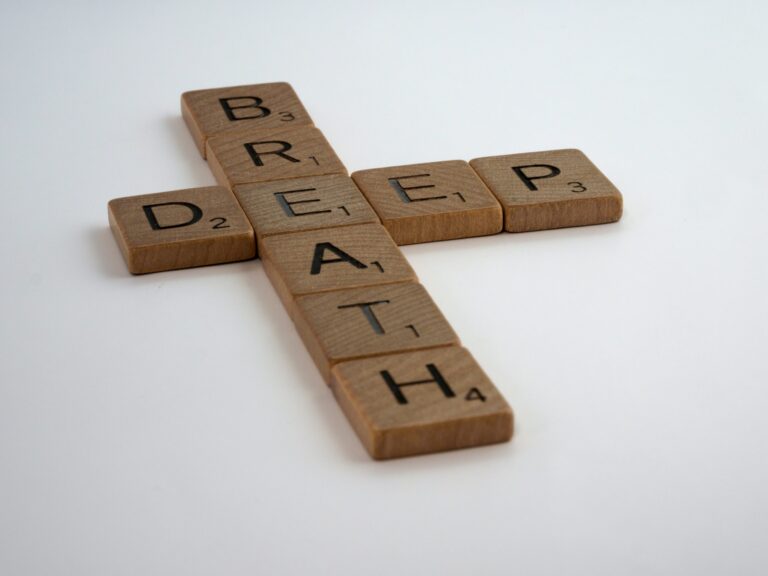How Does Alcohol Affect The Brain?

Do you drink alcohol? If so, do you know the short and long-term effects of alcohol abuse on the human brain? Of course, that’s a rhetorical question – Yes, you are aware of alcohol’s effects on your body, but do you really know how it affects your brain function?
Maybe you think that it doesn’t. Perhaps you believe that a glass of wine at night doesn’t hurt anything. However, most neuroscientists (brain experts) will tell you that there are real and concrete long-term effects of alcohol abuse on the human brain. And short-term impacts, too.
Our short article may help answer some questions about how alcoholic drinks affect the human brain.
What is considered heavy alcohol use?
If you’re healthy, drinking a little too much alcohol once in a while probably won’t hurt you in the long run. But things are different if you drink a large amount all the time.
That means having more than four drinks a day, or 14 or 15 in a week, for most men. For women, heavy drinking means having more than three drinks a day or seven or eight drinks a week.
Too much alcohol can be detrimental for your body and mind in many ways.
Alcohol’s Short-Term Effects on the Brain
Alcohol intoxication is caused by short-term effects on the central nervous system. The symptoms can be very different depending on how often someone drinks, how much alcohol they drink, how their body is designed, and how much they weigh. After just one or two drinks, you may start to feel the effects of alcohol, such as mild mental and physical impairment.
Alcohol has immediate effects on the brain because it changes how the organ communicates and processes information. Suppose you drink too much or too quickly. In that case, it can cause a number of harmful mental effects, such as confusion, poor motor coordination, and a decreased ability to make decisions. If you keep drinking, even though there are warning signs, you could end up with an alcohol overdose, sometimes called “alcohol poisoning.”
If you drink a lot of alcohol in a short amount of time, you could get alcohol poisoning, which is dangerous and may be fatal.
Some signs of alcohol poisoning are:
- Having trouble staying awake.
- Suppression of breathing.
- Slowing heart rate
- Permanent damage or loss of cognitive function.
Long-term alcohol effects on the brain
When people drink a lot of alcohol for a long period of time, it makes it harder for brain cells (neurons) to communicate with each other. It also causes neurons in the brain to get smaller. This causes the brain to shrink, leading to problems with thinking and accessing emotions. Alcohol can raise the risk of:
Depression and anxiety: People addicted to alcohol are more likely to have mental health problems like depression and anxiety. Chronic alcohol use can also lead to liver disease, which can change your mood, personality, and how you sleep.
Dementia: Heavy drinking may cause Wernicke-Korsakoff syndrome, which causes disorientation, muscular coordination issues, trouble regulating eye movements, and memory loss.
Memory and learning problems: Memory and learning difficulties can happen when a person drinks too much. This includes issues with attention, learning, and memory.
Which Mental Disorder Is Most Associated With Alcoholism?
Anxiety and alcohol
Alcohol, in addition to raising dopamine levels in the brain, stimulates endorphin release. Endorphins are chains of amino acids that bind to opioid receptors in the brain. Like dopamine, they make you feel happier and better. Endorphins can also help ease the pain of injuries. People with generalized anxiety disorders or panic disorders often use alcohol as self-medication to reduce their symptoms and make them feel like they are in control of their anxiety for a short time.
People who take prescription anti-anxiety drugs like Valium or Xanax often drink alcohol to increase these drugs’ side effects. This makes it more likely that someone will accidentally overdose or get ‘hooked’ on pills or alcohol.
Depression and alcohol
When you’re feeling down it’s easy to try to find something to ease your emotional pain quickly. Alcohol generally does the trick for many people. Alcohol slows down the nervous system and is quickly absorbed by the body. After one drink, the brain is already affected. When alcohol interacts with specific brain receptors, a chemical called dopamine starts flooding the brain.
Dopamine has been related to sensations of exhilaration, pleasure, and increased mood. When someone sad or depressed drinks alcohol, they temporarily feel better. However, after the intoxication wears off, their sadness reappears. Additionally, physical addiction occurs relatively quickly if alcohol is used on a regular basis, because the brain becomes accustomed to regular bursts of dopamine and euphoria. When this need isn’t met, the person goes through withdrawal, making their depression, anxiety, and body pain worse.
Bipolar Disorder and Alcohol
People with bipolar disorder go through cycles of “down” and “up” moods. When described as having different mental diseases, bipolar depression and bipolar mania are much more severe than sadness or anxiety.
Researchers haven’t found the exact reason why bipolar disorder and alcoholism are linked, but they think it may have something to do with genetic and environmental risk factors for addiction. Since ongoing research shows that bipolar disorder symptoms can appear during alcohol withdrawal, it is possible that alcoholism could cause bipolar disorder in some people who are already predisposed to it.
People with bipolar disorder feel very anxious and agitated when in the manic phase. They can’t stop their thoughts from racing or control their actions on the spot, which often causes problems in their relationships and finances. During a particularly bad manic episode, a person may not even remember what they said or did. Because of this, people with bipolar disorder who have to deal with the consequences of wrong behavior often drink too much.
Key Takeaway: You Can Get Help With Alcohol-Related Mental Problems.
It’s essential to pay attention to the short- and long-term effects of alcohol on the brain. These points will help you identify the best way to reduce your drinking. A drink every now and then is not of much concern, but chronic heavy drinking exacerbates most mental health conditions. Keep in mind that permanent changes will occur due to chronic alcohol abuse. If you drink heavily for extended periods, you may suffer from lasting damage to your cognitive abilities.
Fortunately, it’s never too late to regain your mental health; Empire Psychiatry is here to help. Call us today for a confidential consultation session.



